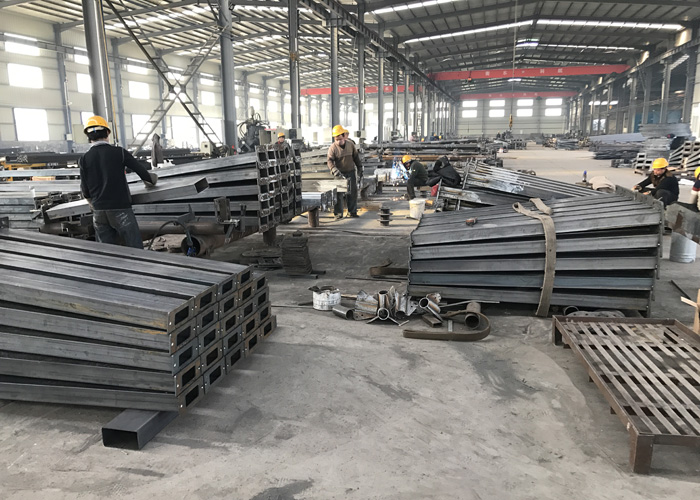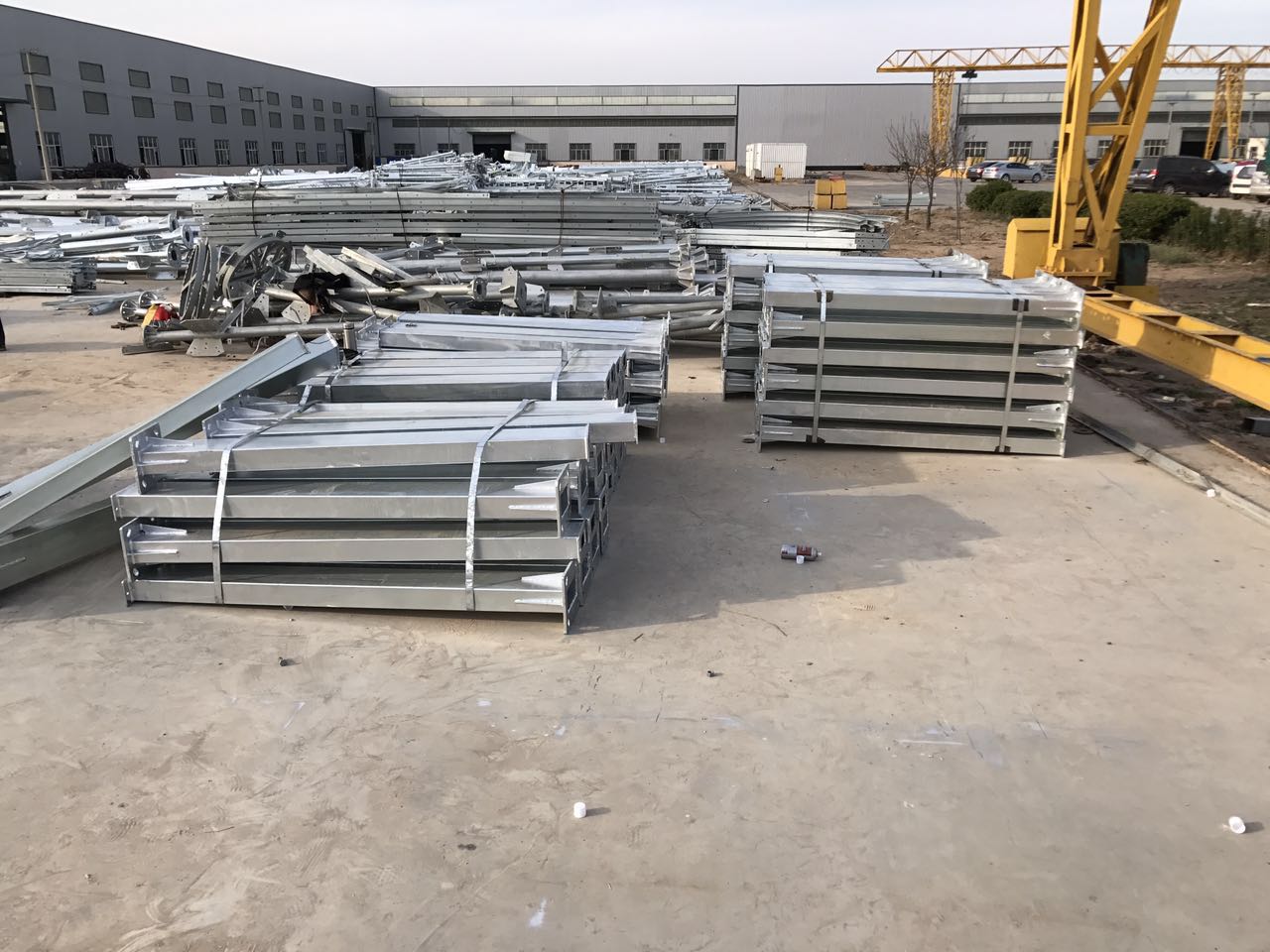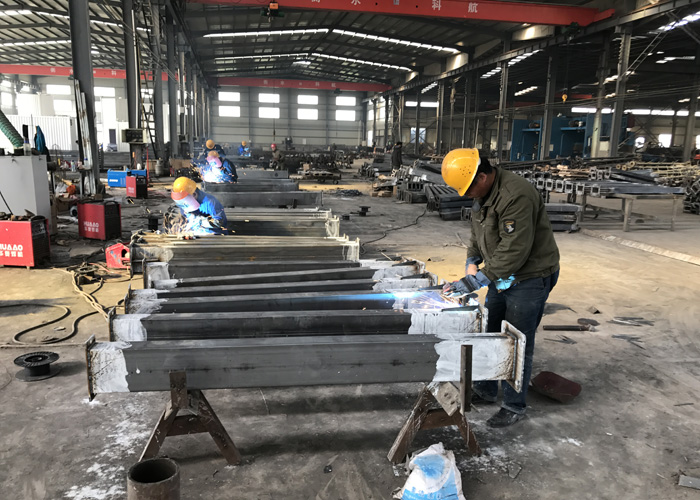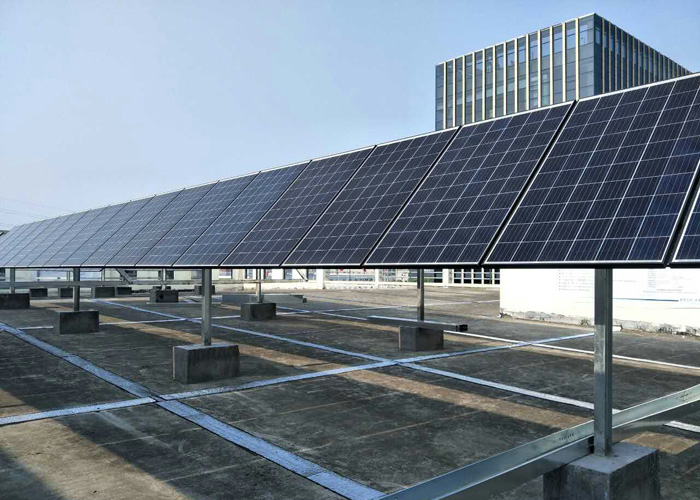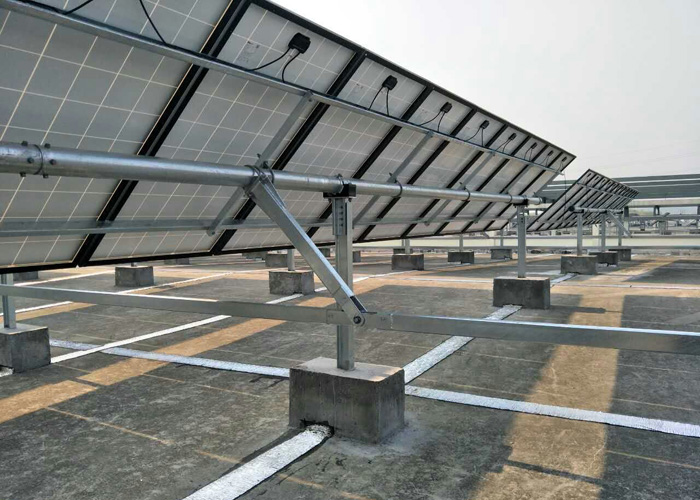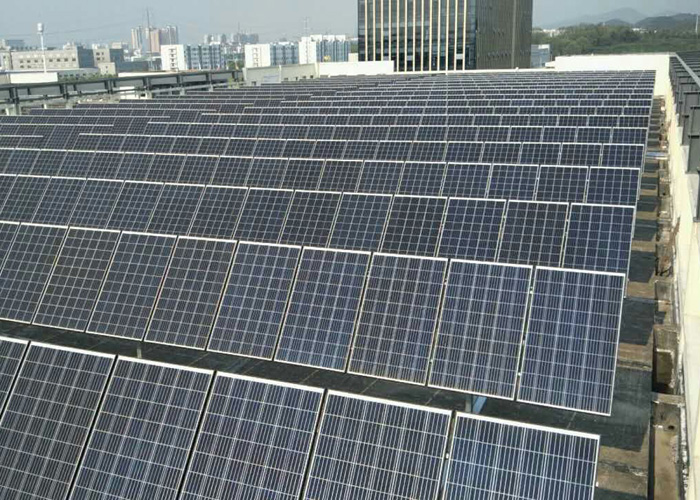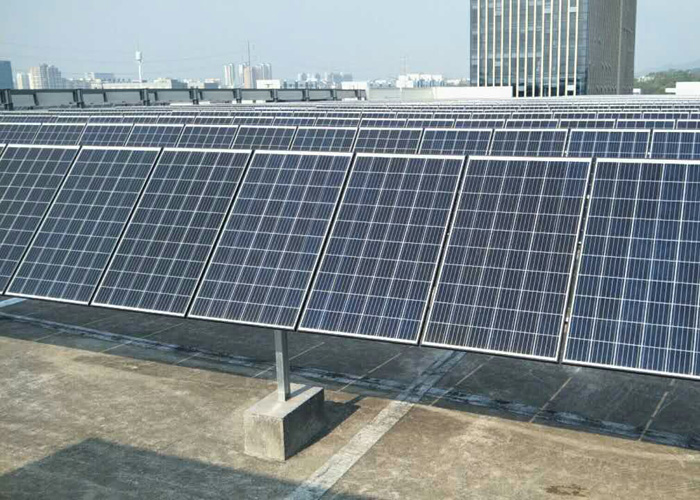Star-style (banana-style) scaffolding
Scaffolding compared with the general structure, the working conditions have the following characteristics:
1, the load variability is greater;
2, the fastener connection node is semi-rigid, and the node stiffness size and fastener quality, the quality of the installation, the node performance there is a big variation;
3, the scaffolding structure, the initial existence of defects in components, such as the initial bending of the rod, corrosion, erection of the size of the error, the load eccentricity are larger;
4, the point of connection with the wall, the binding variation of scaffolding larger. The research on the above problems lacks systematic accumulation and statistical data and does not have the conditions for independent probability analysis. Therefore, the value of the adjustment coefficient multiplied by the structural resistance less than 1 is calibrated by the safety factor adopted in the past. Therefore, the design methodology adopted in this specification is essentially semi-probabilistic and semi-empirical. Scaffolding to meet the construction requirements of this specification is the basic design and calculation conditions.
1) bearing capacity larger. When the scaffolding geometry and construction comply with the relevant requirements of the specification, under normal circumstances, the single-column scaffolding column bearing capacity of up to 15kN ~ 35kN (1.5tf ~ 3.5tf, design value).
2) easy assembly and disassembly, erection flexibility. Due to the easy adjustment of the length of the steel pipe, the fasteners are easy to connect and thus can be adapted to scaffolding for buildings and structures of various levels and façades.
3) more economical, simple processing, a lower investment costs; if the well-designed scaffolding geometry, pay attention to improve utilization of steel turnover, the amount of material can also get better economic results. Fastener pipe rack equivalent to about 15 kilograms per square meter of construction steel.


